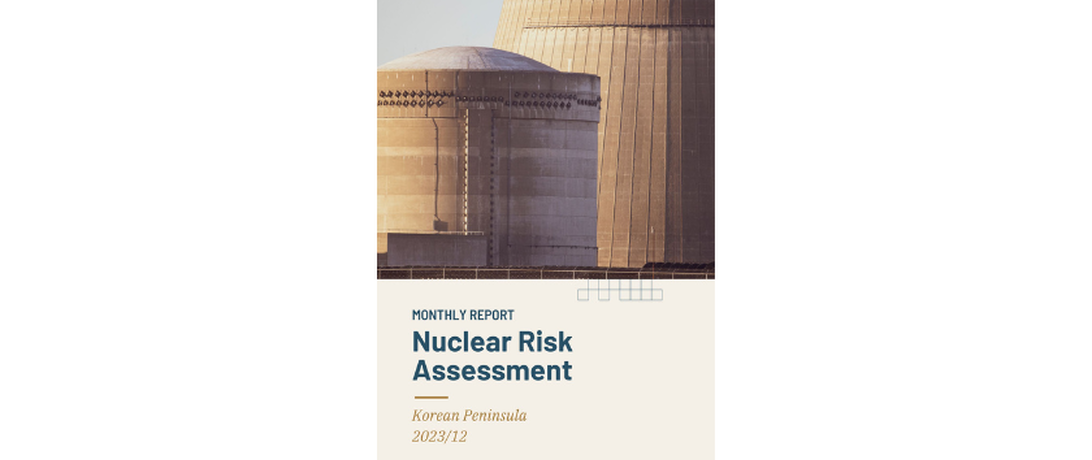
Nuclear risk can emanate from various factors. These range from the more obvious military developments and incidents that could lead to increased tensions and possibly even nuclear misuse, to the often overlooked domestic and external contexts in which a country perceives its circumstances and, based on those perceptions, makes decisions that have direct or indirect implications for nuclear risk.
In an attempt to more comprehensively assess nuclear risks on and around the Korean Peninsula, this monthly Report examines the DPRK’s and the ROK’s nuclear and military spheres, as well as activities and policy decisions across main domestic and foreign policy spheres that could impact nuclear risks.
Key Takeaways in December
- Nuclear
The ROK and the United States convened for their second Nuclear Consultative Group (NCG) meeting while continuing to implement commitments made in the Washington Declaration and at the Camp David Summit on US extended deterrence and trilateral cooperation with Japan. The DPRK responded to the second Nuclear Consultative Group meeting with an intercontinental ballistic missile (ICBM) launch that also served to further refine the design of its first solid-propellant ICBM. The DPRK has possibly also started commissioning its light-water reactor at Yongbyon, though its intended purpose remains unclear.
- Military
Some ten days after the successful launch of the DPRK’s first spy satellite, the ROK military demonstrated its own advancement in space-based surveillance with the launch of a spy satellite and the test flight of a solid-propellant carrier rocket. The ROK defense ministry also announced its mid-term defense plan for the coming five years, which not only seeks to strengthen conventional deterrence capabilities against the DPRK but also seeks to enable the ROK to reinforce its position as a world-leading arms exporter.
- Political
In an end-of-year Plenary Meeting of the Workers’ Party of Korea (WPK), Kim Jong Un stated that unification with South Korea “can never be achieved” and described the state of inter-Korean relations as that of two “hostile states”. The DPRK and Russia continued expanding their economic exchange, potentially involving sanctioned activities, while the Russian Armed Forces Chief of Staff stated that “comprehensive cooperation” with the DPRK has been established. The DPRK’s Vice-Foreign Minister headed the first diplomatic visit to China since 2019 in preparation for the 75th anniversary of the establishment of diplomatic relations and expressed an interest in multilateral cooperation with China for regional peace and stability.